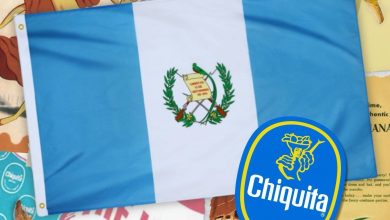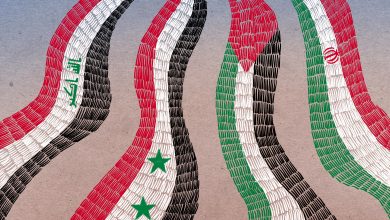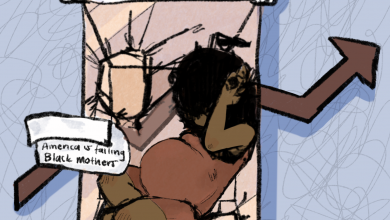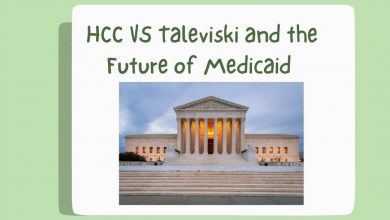The Crisis in Venezuela, and the Self-Determination of the Venezuelan People
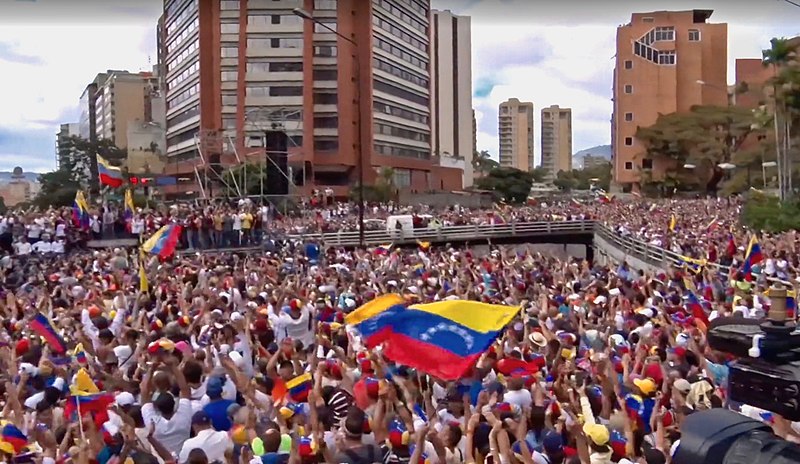
Image Courtesy of Voice of America, via Wikimedia Commons
In April 2013, Nicolas Maduro was elected President of Venezuela from an election triggered by the death of his predecessor Hugo Chavez. Chavez was widely recognized by the international community for his public ties with Fidel Castro and his desire to mimic Cuba’s anti-imperialism within Venezuela. His legacy as an authoritarian leader lived on with the election of Maduro.
In 2017, Maduro’s Supreme Court invalidated the power of the Venezuelan National Assembly, which was the only governing body directly run by an opposition majority and handpicked by the people of Venezuela.
Infuriated by Maduro’s actions during his first term, the Venezuelan population did not democratically re-elect Maduro to the presidency in May 2018. Maduro illegitimately usurped power by rigging the election. An alliance of nations including Argentina, Mexico, Canada, Brazil, Chile, Colombia, Panama, Paraguay, St. Lucia, Guyana, Peru, Honduras, Guatemala, and Costa Rica labelled the result of this election a sham, releasing the following statement: “We do not recognize the legitimacy of the electoral process that was carried out in Venezuela on May 20, because it does not adhere to the international standards of a democratic, free, fair and transparent process.” The United States also labelled Maduro’s re-election illegitimate. Nonetheless, Maduro declared he would assume office for a second term in January 2019.
The Venezuelan National Assembly, having identified Maduro as a usurper of power with no legitimate claim to the presidency, enacted the power of Articles 233 and 333 of the Venezuelan Constitution which identify that in vacancy of the presidency, the power is handed to the head of the National Assembly to serve as interim president.
Following the procedures set forth by the constitution, Juan Guaido, the head of the Venezuelan National Assembly, was sworn in as interim president on January 23, 2019. Millions of Venezuelans took to streets of Caracas in support of Guaido with the same sentiment of their forefathers who were present at the coup d’état on January 23, 1958, which ushered democracy to Venezuela.
The crisis in Venezuela today is not a coup, nor is it a fight between opposing political parties. This is the fight by the majority of Venezuelans to remove an illegitimate usuper from the presidency by laws written in Venezuelan Constitution. This is a fight for fair, democratic elections, and for the proper election of a president.
The crisis in Venezuela has been deemed the worst humanitarian crisis in the Western Hemisphere. The UN predicts that by the end of 2019, there will be over 5.3 million Venezuelan refugees. Over 90 percent of Venezuelans live below the poverty line, and face malnutrition on a daily basis. Maduro has blocked all humanitarian aid, rejecting shipments of medicine from outside countries. Over 13,000 doctors have evacuated the country since 2015, and due to their sparseness, the price for drugs and over-the-counter medications have grown immensely. Inflation is projected to reach 10,000,000 percent by the end of 2019.
Venezuelans want change. “23 de Enero” was made possible by the sentiments of the Venezuelan people and by the power of the Venezuelan Constitution. Following the swearing in of Guaido, President Donald Trump released a statement in support of the interim president. Canada and Australia soon followed suit. Several countries of the European Union, including France, Germany, The United Kingdom, Spain, Portugal, Poland, the Netherlands, Denmark, and Austria also recognized Guaido.
Maduro has viewed the support of Guaido by countries of the Global North as “imperialist threats.” Though there has been a history of United States involvement in the affairs of Latin American countries, it is vital to recognize the events that have taken place in Venezuela are far from a US-backed coup. The people of Venezuela have long awaited an opportunity to elect a leader through fair, democratic elections to the Presidency of Venezuela. On January 23, it was the power of the spirit of the Venezuelan people, backed by the laws of the Venezuelan Constitution, that allowed the transfer of power to the new interim president, Juan Guaido.
Exactly a month later, on February 23, the Venezuela Aid Live benefit concert took place on the bordering Colombian city Cucuta, where more than thirty artists performed to show their support for the determination of the Venezuelan people and to usher aid into Venezuela. Later that day, Maduro ordered the burning of two truckloads carrying humanitarian aid along the Colombian-Venezuelan border. The Venezuelan National Guard shot rubber bullets and tear gas at protestors who attempted to pull crates of aid off of the burning trucks. Maduro has since severed ties with Colombia, citing their insistence to move aid into Venezuela as actions of a “fascist” government.
In addition to the atrocities along the Venezuela-Colombia border, two people were killed at the Santa Elena de Uairen crossing point between the Venezuela-Brazil border. Troops opened fire on anti-Maduro protestors as aid attempted to make its way into Venezuela. Maduro has ensured aid will not enter Venezuela from any border.
Since “23 de Enero” more than one hundred and sixty soldiers and police have placed themselves on the side of the Venezuelan Constitution in solidarity with the Venezuelan people. As the number of troops who abandon Maduro grows, so too does the hope of the people.
On February 25, The Lima Group, a coalition of South American nations committed to restoring democracy in Venezuela, gathered in Bogota, Colombia along with interim President and opposition leader Juan Guaido. The group formed in 2017 and has, since its formation, tracked the actions of the Maduro regime. They identify Guaido as the leader who will bring long-term change by giving freedom and democracy back to the people of Venezuela. The world will watch Guaido’s return to Venezuela, as Maduro has made probable threats to his safety.

